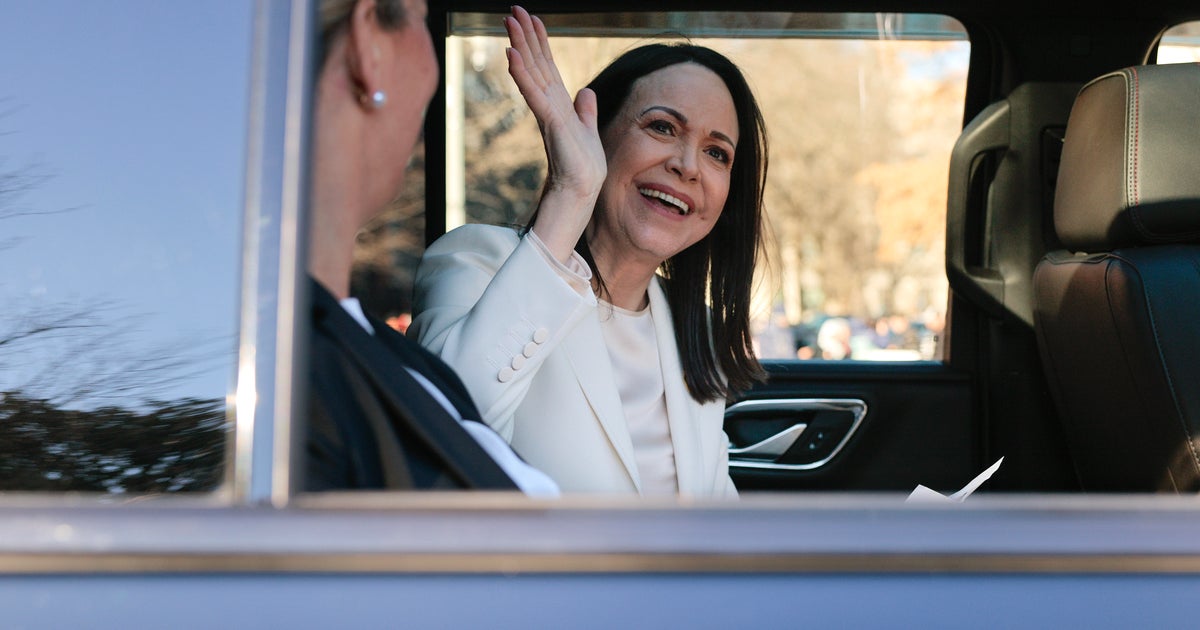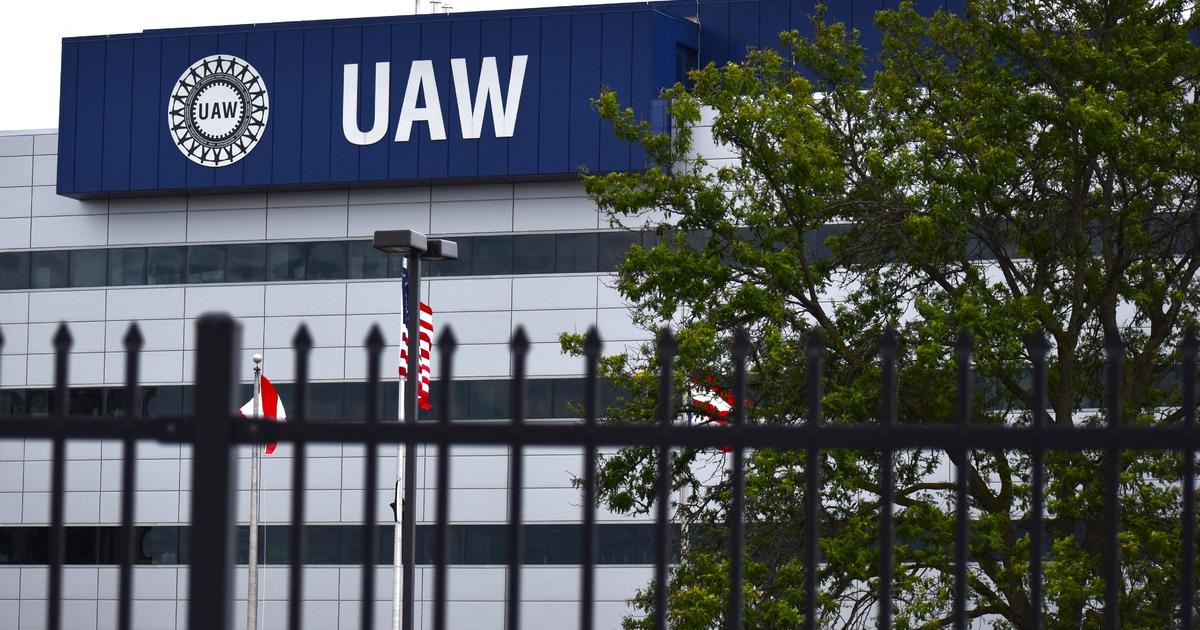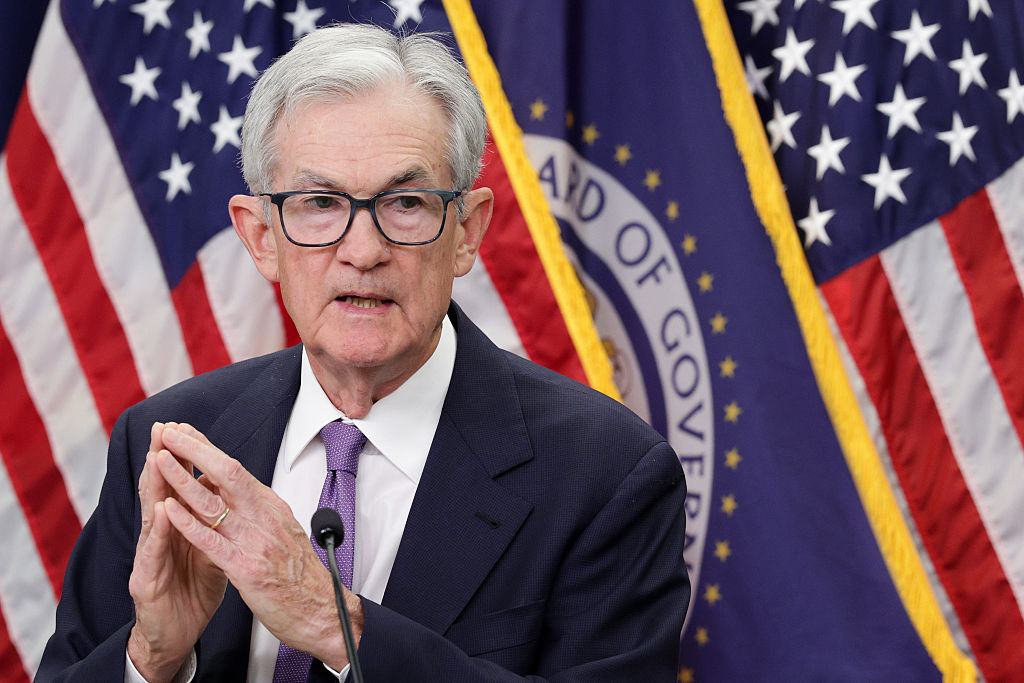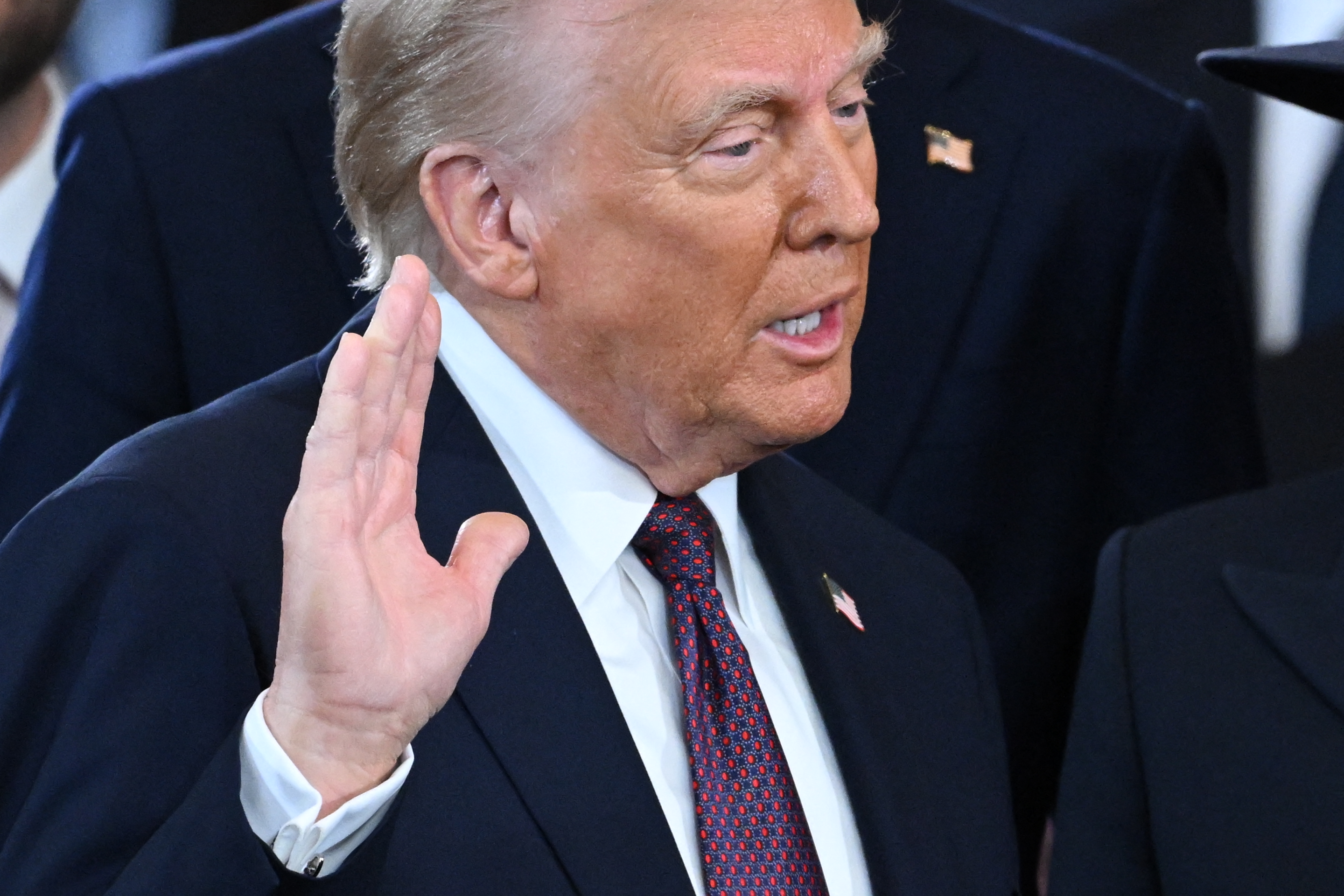What Donald Trump’s inaugural address might tell us about his presidency
Friday, America will witness the Grand Opening of the Trump administration. Which Donald Trump will appear? Will it be the negotiator whose opening statement shocks and destabilizes? That’s how he has kept people off guard in his career and his campaign. Or, will it be the Donald Trump who arrives at holidays and special occasions like election night-- the milder twin who will reach out to his opponents, acknowledge the fragile political moment and pace through a careful speech.
Regardless of which Donald Trump appears, no permanent conclusions can be drawn from an inaugural speech. Actions are always more important than words, and Donald Trump has proved to be more changeable than any professional politician. But his speech will give us some hints about whether he accepts some constraints of the presidency, feels the weight of history and how he reads the political landscape.
An inaugural address is a compulsory exercise of the presidency. Donald Trump hasn’t shown much interest in the compulsory. It is why he was successful in the campaign, and it’s why some people are nervous about his new job.
Mr. Trump did show some restraint during the campaign, however. By its end, his advisers had convinced him to use a teleprompter (even after he had said using one was a sign of weakness and unfitness for office), and they quarantined his Twitter account.
It was a highly limited restraint. Now he has won, and the binds of the election are gone. What will constrain him now? What will compel him to tone it down now that he has won? And how much will it compel him? The inaugural address offers a first hint.
Mr. Trump has been sent by his supporters to blow up Washington. Giving the kickoff speech to an explosion is familiar territory for the 45th president. It’s his usual opening gambit, says Richard LeFrak, his friend of forty years, and fellow New York developer.
“He may say something that sounds extreme to some people, but it’s just his way of stimulating some conversation,” the billionaire developer told me in an interview for CBS’s prime time inauguration special. “Or taking a negotiating position which he knows he’s gonna walk back from, but he’s gonna, you know, get the conversation started that way.”
It would be Donald Trump’s instinct to start with a bang, and it would be a glorious moment for his supporters if he presented himself as their tribune after Washington had ignored them for so long.
He could present himself as the warrior for his America whose actions are validated by his election victory. This was the tone of his last press conference. “I won,” he said, as if that were all that were necessary to explain why voters supported any view he held. That tone would clash against the moment, defining unity only on his terms as Barack Obama’s second inaugural address did.
Inaugurations are designed to pull the country together. They are an act of renewal where, in symbol and word, a president signs on to the continuing task of maintaining the principles, ideas and the notions of greatness that makes the rest of the country stand and salute.
Before Donald Trump even starts speaking, he will affirm a central American characteristic: the peaceful transfer of power. That’s why presidents are pulled to unity by the moment. Even after the brutal election of 1801, Thomas Jefferson could declare “We are all Republicans. We are all Federalists,” because as ragged as Americans were, they hadn’t elevated a king or descended into bloodshed, like Europe. All Americans could join Jefferson in cheering that success.
It would be in keeping with his nature if Donald Trump broke the rules of renewal and unity. On the other hand, Trump does know how to sound the notes of unity. On Election Night he spoke beyond his coalition: “For those who have chosen not to support me in the past, of which there were a few people, I’m reaching out to you for your guidance and your help so we can work together and unify our great country.”
Since then, Mr. Trump has done almost nothing to back up those words—to reach out to those who are afraid of his presidency. He has held victory rallies in the states that voted for him, promoted jobs he saved and used his penchant for marketing and salesmanship to burnish his coalition, but spent none of his marketing energy on matching those words of unity.
Will he do more Friday?
The test of Mr. Trump’s speech is not whether he can assert that America should be unified, but whether he can make the people feel it who aren’t already wearing “Make America Great Again” hats. That’s the task of a president -- to do more than simply assert -- to lift those who aren’t already with you.
“I want to be a cheerleader,” Mr. Trump told me a year ago about his vision of the presidency. How do you get people to cheer who aren’t already on your team? An inauguration offers the best opportunity to access the national team spirit. Does he have the interest and inclination to make a broader pitch? Does he have a command of the vocabulary of common purpose, history, values and spirit? There will be a lot of irritations to make him think it’s not worth it, from the protesters to the Democrats who have agreed not to attend his elevation ceremony.
Trump’s populist appeal has been compared to Andrew Jackson, whose inaugural speech highlighted a different test: could he read the political landscape? Jackson knew his opponents worried he would become a demagogue of the mob who would do as he pleased, so Jackson tried to set people at ease.
“I shall keep steadily in view the limitations as well as the extent of the Executive power,” he said, “trusting thereby to discharge the functions of my office without transcending its authority.”
Jackson could read the national moment enough to know that he at least needed to speak to fears about his intentions. That’s also a central task of the presidency. It not only puts you in a position to persuade those who aren’t with you, but it keeps you from over-reaching. Of course, for Donald Trump over-reaching is what helped get him where he is.





